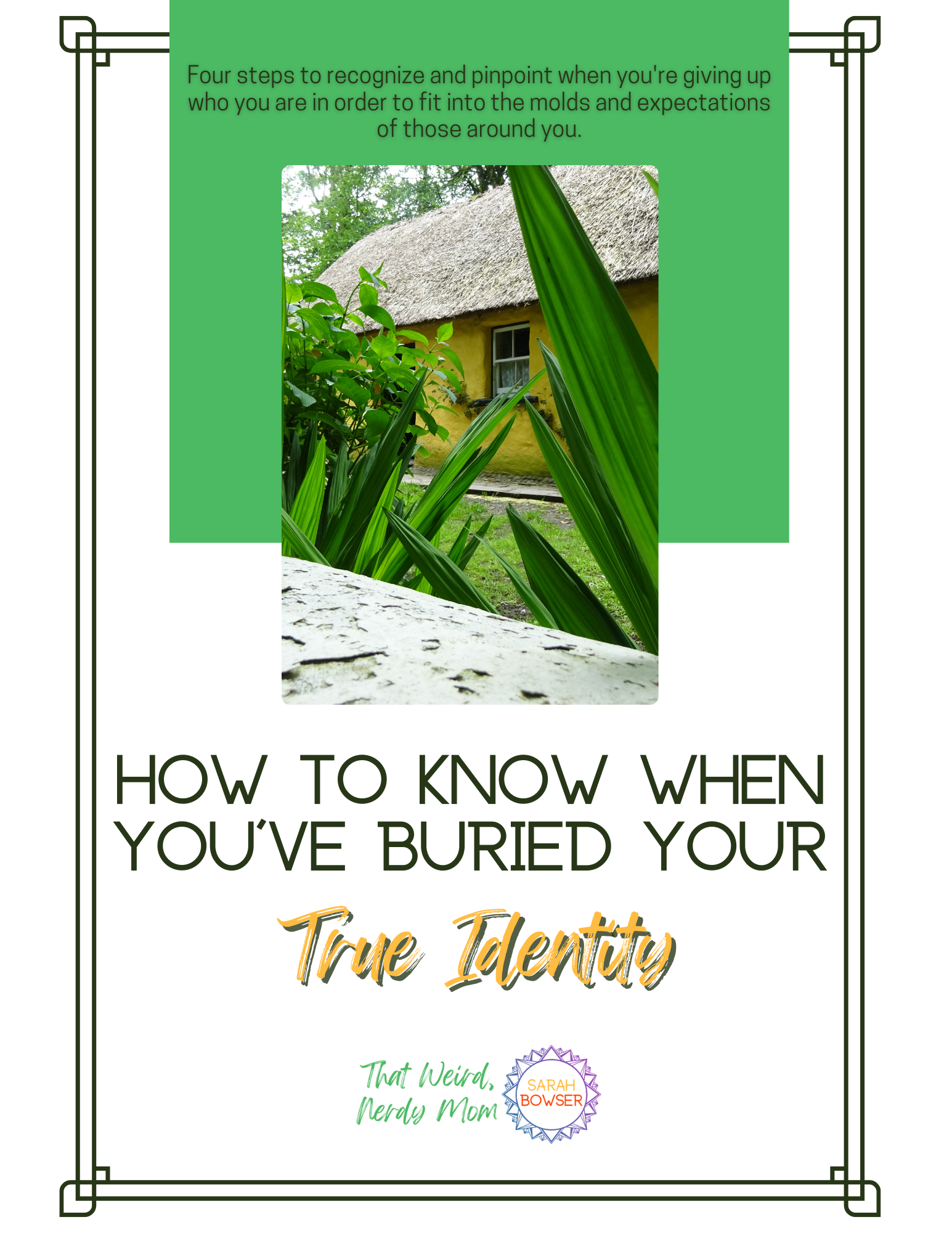We all know that exercise is good for us.
But when we’re struggling with both our physical and mental health, getting in the exercise we need isn’t always easy.
All these different exercise programs and routines are thrown at us as the next great thing – do this, don’t do that. Get this piece of equipment, not that one. Work out for at least 30 minutes every single day. It’s overwhelming, to say the least.
When we’re dealing with something like Hashimoto’s, combined with anxiety and depression, going crazy with exercise programs isn’t necessarily the right approach. But movement in general is extremely beneficial, both to helping our body heal physically and mentally.
To me, movement is simple. It’s gentle, but still gets our bodies moving, gets the blood flowing. And it doesn’t cause the immense stress on our bodies that other exercise programs can cause. There’s no set amount of time we’re required to move during the day. We just need to move.
So, how can movement help us with our mental health?
Ever hear of taking a walk to “clear your head?” It really does work.
As we move, our circulation will improve, which leads to better digestion, weight control, and waste removal. And while you may think of that as being good for our physical health, not our mental health, it’s good for both. There’s a strong connection between the gut and the brain, and if we’re clearing out the waste from one, we’ll also be benefitting the other.
Gentle movement boosts our happy hormones, increasing our serotonin and endorphins. This then leads to mental clarity, better concentration and memory, and an improved mood.
We don’t have to be fancy with our movement. We don’t need any fancy equipment to reap the benefits.
My favorite forms of movement are walking (solo or with the kiddos), yoga (just 10–15-minute practices as I find time throughout the day), and dancing (just for fun in the living room with the kiddos, not necessarily in a class setting).
There are so many great options when it comes to movement – the key is finding what works best for you and your own mental and physical health.
How to Know When you've Buried Your True Identity
Get the four steps to recognize when you’ve morphed to fit the expectations of others.





